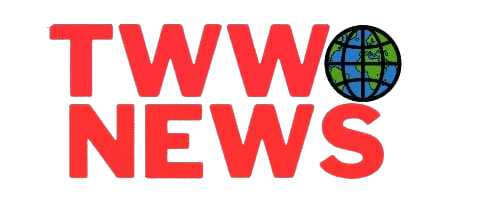In a sweeping move framed as a major overhaul of benefit allocation, the Trump administration has unveiled policies restricting access to publicly funded social programs exclusively for American citizens. The White House asserts this will safeguard roughly $40 billion in resources, redefining eligibility across critical sectors—from education to healthcare.
🇺🇸 Domestic Priority: The Administration’s Position
The new directives, presented as a stand against “bureaucratic defiance,” target multiple federal departments:
- Health and Human Services: 13 programs—including mental health support, family planning, and scholarships—will no longer be available to undocumented immigrants.
- Education: Tuition waivers for career and technical programs are revoked for non-citizens.
- Agriculture: Access to food assistance programs is restricted.
- Labor: Grants and workforce development resources are tightened.
- Justice: Policy loopholes enabling benefit access are closed.
The administration promotes these steps as protecting “hardworking Americans” from subsidizing undocumented communities. Supporters claim this restores fiscal fairness. Critics warn of humanitarian and ethical consequences.
🌐 Global Reflection: A Case Study in Welfare Nationalism
This policy shift is not isolated. Around the globe, nations grapple with the tension between universal human rights and national entitlement frameworks.
- Europe: Countries like Denmark and Austria have imposed stricter migrant benefit protocols, sparking fierce political debate.
- Asia & Africa: Resource-limited nations often restrict foreign access to welfare due to economic constraints.
- Latin America: Some governments emphasize regional solidarity over strict nationality-based benefits.
These U.S. policies may embolden similar stances elsewhere—or provoke international criticism around equity and inclusion.
🤔 Intellectual Takeaway
At its core, this development re-ignites classic questions: Who qualifies for state support? What defines citizenship in a globalized world? Should borders dictate access to education, health, and opportunity?
From a TWW perspective, the story is not simply about policy—it’s about identity, ethics, and socioeconomic modeling on a global scale

